
Resistance To Slavery | Walter Edgar's Journal
Episode
6
Audio
In this segment, Dr. Watson discusses how people figured out ways get around slave laws.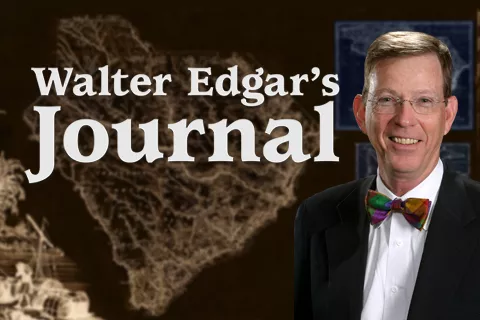
From books to barbecue, from current events to colonial history, Walter Edgar's Journal delves into the arts, culture, history of South Carolina and the American South. (A production of South Carolina Public Radio.)

Audio
In this segment, Dr. Watson discusses how people figured out ways get around slave laws.
Audio
With the success of cotton in South Carolina, entrepreneurs in other states looked to cash in on the success of cotton plantations. When the cotton economy and market-shares begin to decline in S.C...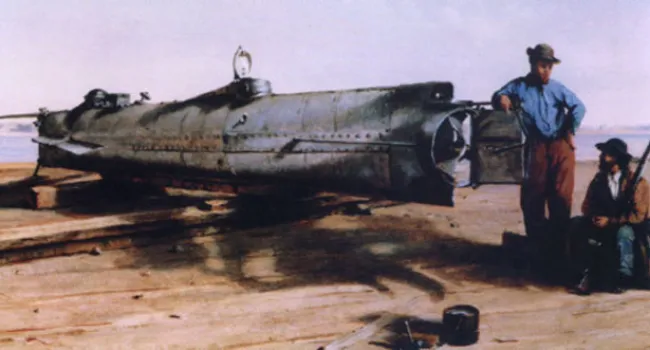
Audio
Dr. Symonds addresses the importance of the C.S.S. Hunley: History’s first operational submarine to sink an enemy ship in combat, the U.S.S. Housatonic.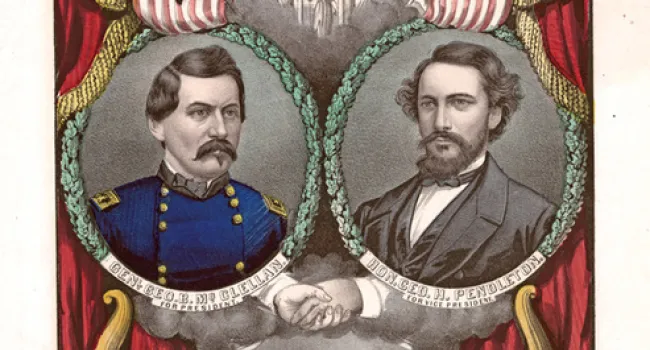
Audio
Dr. Waugh examines the 1864 Democratic Convention, and analyzes the challenges democrats faced during their own convention. With General George T. Sherman taking Atlanta, along with the Shenandoah...
Audio
Dr. Emory Thomas, the Regents Professor of History Emeritus at the University of Georgia, joins Dr. Edgar for a discussion of the Civil War in this 150th year anniversary of its beginning. Thomas has...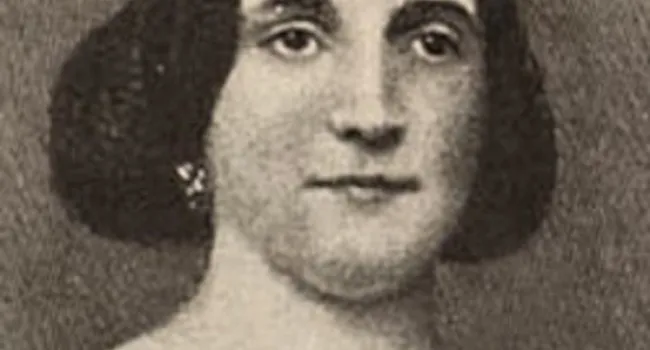
Audio
In this segment on Mary Chesnut’s diary, Dr. Stern discusses the feuds between Joe Johnston and Jefferson Davis, along with one between Mary Chesnut and Lucy Pickens. Dr. Stern finishes this segment...
Audio
Today, a private board of trustees runs the SC State Fair. Walter Edgar recalls his younger years, and remembers the “girly shows” at the SC State Fair, which discontinued around 1975. The last of the...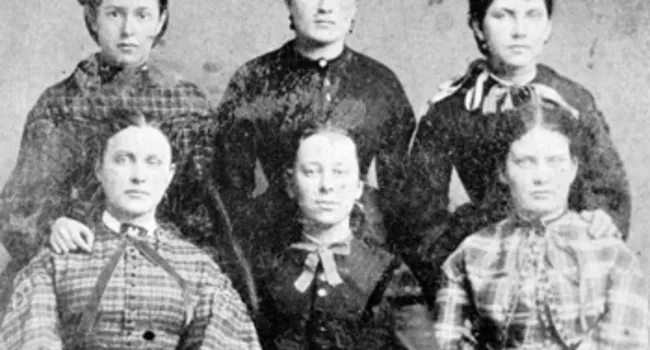
Audio
Dr. Walker talks about how women in the South were growing increasingly resentful and frustrated with the North in 1864.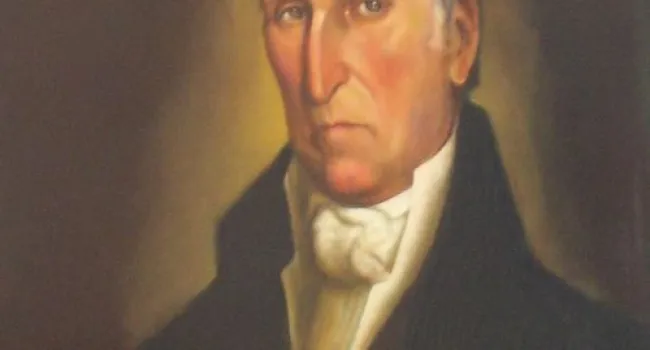
Audio
After the Revolutionary War, Pickens becomes known as the premiere negotiator with Native American Indians. Pickens, who originally established a reputation as an Indian fighter, emerges as a peace...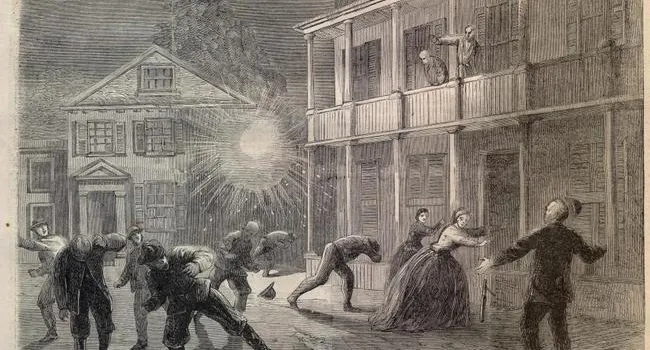
Audio
Life was not much better for civilians during the siege of Charleston. Most of the civilians are allowed to be evacuated, but some if the ones left behind resort to living in tent cities, like the one...